Character Progression: The Heart of Role-Playing Games
Apr-28-2024

Character progression is a cornerstone of the role-playing game genre, providing depth and replay value that define the player's journey. Through innovative approaches to leveling and skill development, RPGs allow for personalized gameplay, ensuring that no two gaming experiences are identical. Many RPGs are known for their detailed class systems and skills, which form the backbone of the players' experience, shaping their avatar's growth. Here's a look at how different titles approach this critical feature.
Fallout: New Vegas (2010) - Defining Your S.P.E.C.I.A.L Legacy

With its emphasis on role-playing flexibility and a multitude of skill and perk options, Fallout: New Vegas stands out in the Fallout series. Its leveling system promotes a diverse range of playstyles in both social interactions and combat engagement. However, the game limits characters to level 50, which, while suitable for the game's scope, restricts the full potential of character evolution. Collectible Skill Books across the wasteland offer players the chance to enhance their skills further with each find.
Dragon Age: Inquisition (2014) - A Story of Classes and Specializations
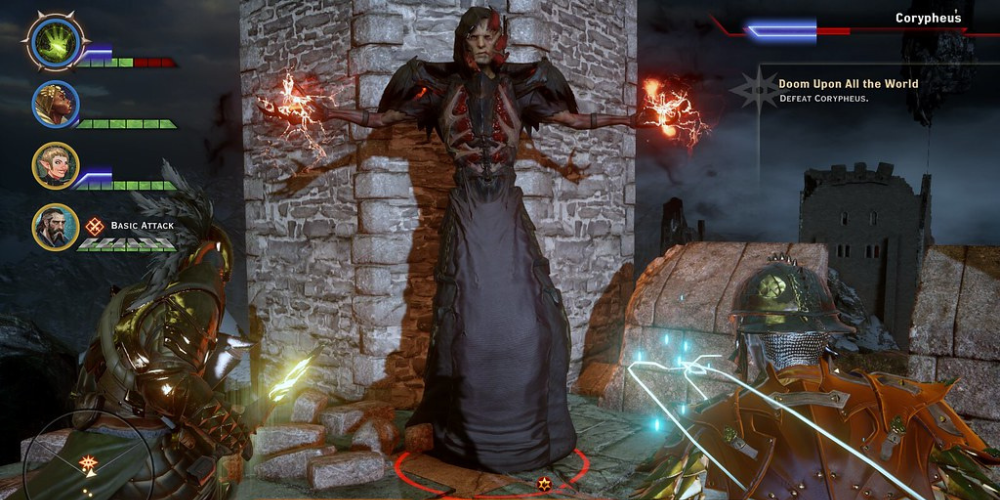
Dragon Age: Inquisition, hailed for its narrative prowess, also boasts a robust character development system with a traditional class-based structure augmented by Specializations for deeper customization. The game's user interface facilitates smooth skill allocation, though a lack of class flexibility for party members somewhat limits player choices.
Path Of Exile (2013) - Charting New Paths in ARPG Character Evolution
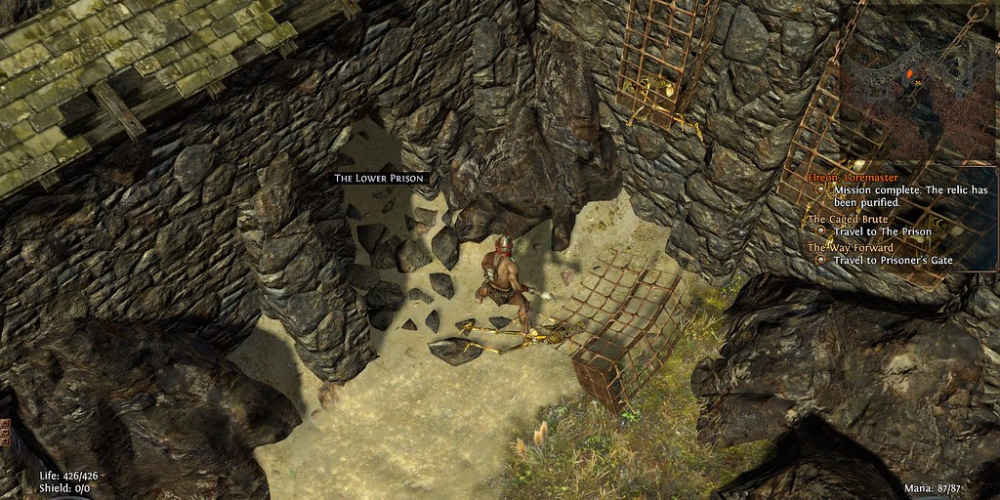
Shaking up the action-RPG landscape, Path of Exile introduces a sprawling skill tree that defines character progression, offering an alternative to the rigid class frameworks of its predecessors. The game's vast array of abilities and passives carve out a unique niche in the ARPG genre, attracting a devoted player base despite its intimidating complexity for newcomers.
Dragon's Dogma 2 (2024) - Flexibility With Each Vocation
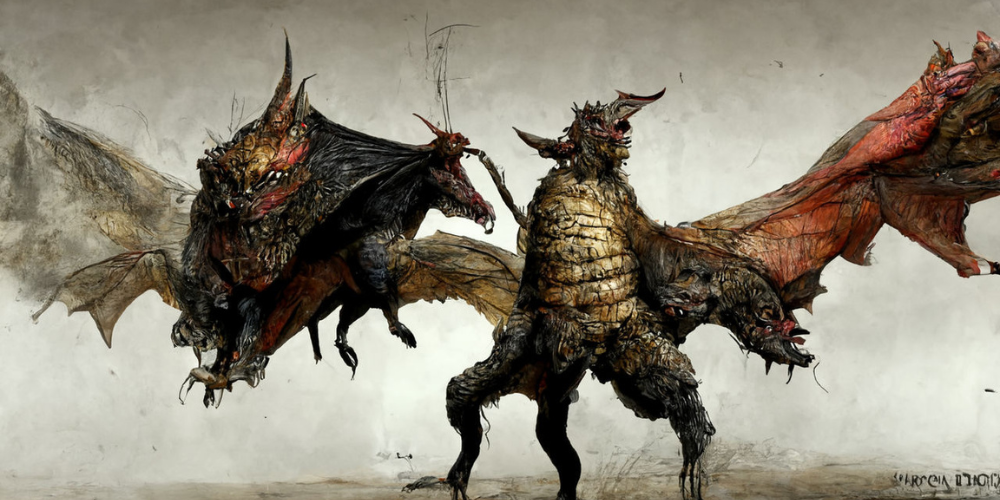
Dragon's Dogma introduces a fresh take on class systems with Vocations that players can switch at any point, paired with a companion system that adds depth to party composition. Hybrid Vocations allow for distinctive playstyles, although these are exclusive to the player's primary character and not available to companions.
Dark Souls 3 (2016) - Enhancing Combat Through Build Diversity

Dark Souls 3 perfects the series' formula with the addition of specialized weapon arts and allows for varied builds dependent on weapon choice. The game embraces versatility, enabling players to tackle its challenges at any character level, fostering a community that revels in devising unique and challenging playthroughs.
Bloodborne (2014) - Innovating With Transformative Weaponry

Bloodborne iterates on the Soulsborne model by accelerating the pace and introducing transformable weapons, offering a fresh layer to character builds. This unique approach to armaments, coupled with a versatile attribute system, allows for a rich variety of character development paths.
Divinity: Original Sin 2 (2017) - A Canvas for Creativity
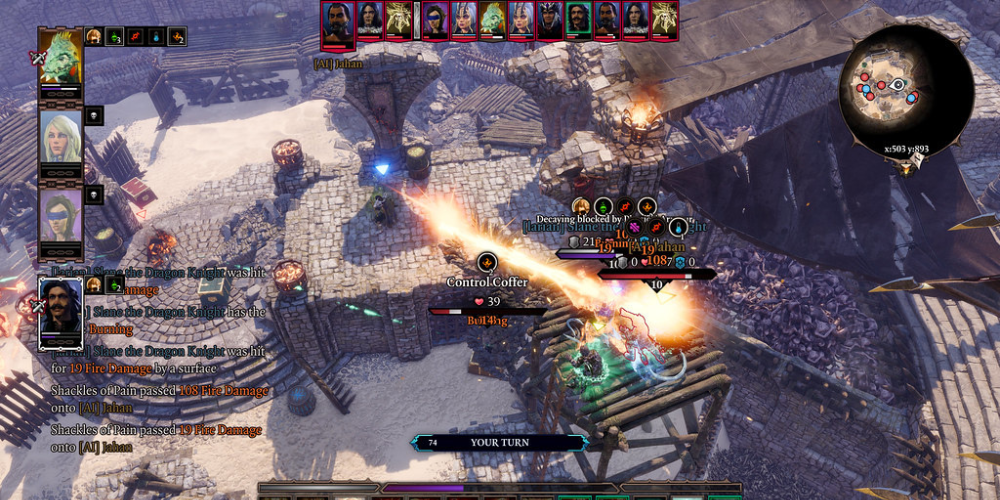
With one of the most accommodating leveling systems, Divinity: Original Sin 2 allows for near-endless creativity in character builds. Though it presents a steep learning curve, the game's clever design and expansive skill options offer rewarding experiences to both RPG veterans and newcomers.
The Elder Scrolls 5: Skyrim (2011) - Progression Guided by the Stars

Skyrim's iconic skill system is renowned for its simplicity and depth, using an astronomical theme to guide players through talent development. This organic progression through skill use incentivizes multiple playthroughs, although it can sometimes lead to players gravitating towards familiar builds.
Baldur's Gate 3 (2023) - Embracing Time-Honoured D&D Mechanics
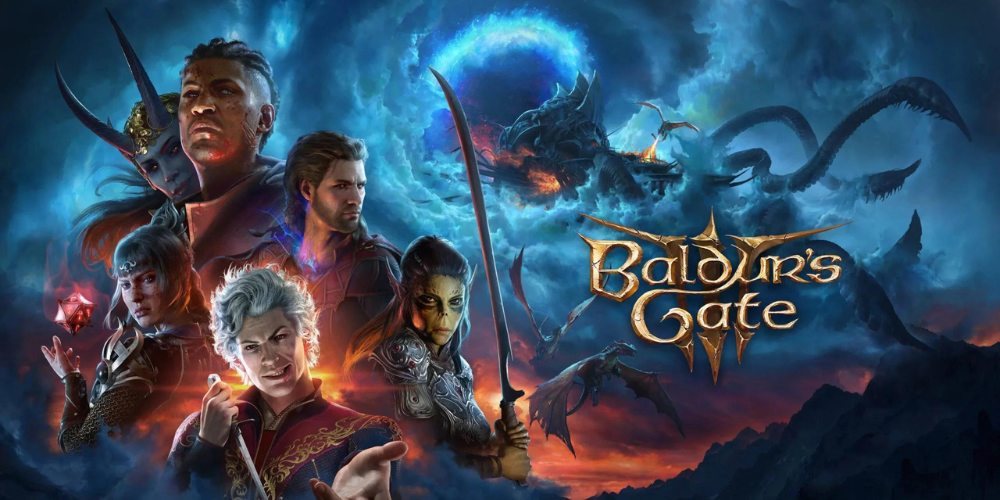
Adhering to the tried-and-true D&D framework, Baldur's Gate 3 provides a character advancement system that combines variety with clear-cut specializations for party dynamics. Its user-friendly interface and robust respec options translate the depth of tabletop gaming into an accessible digital format.
Elden Ring (2022) - A Tapestry of Build Possibilities
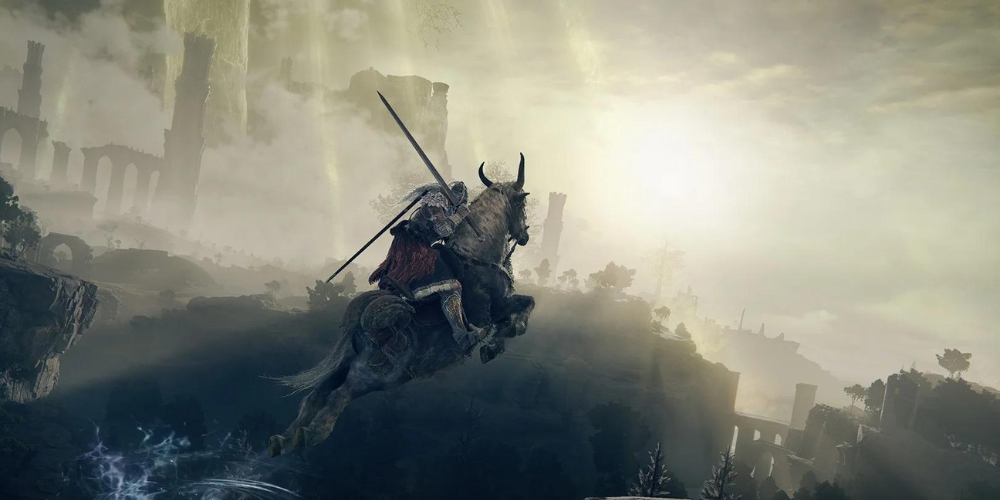
Elden Ring's diverse build options are a testament to the strength of its character development system. Its vast array of abilities and armaments ensures that players can experiment and thrive with a myriad of playstyles, contributing to the game's stellar reception and the richness of its gameplay possibilities.







